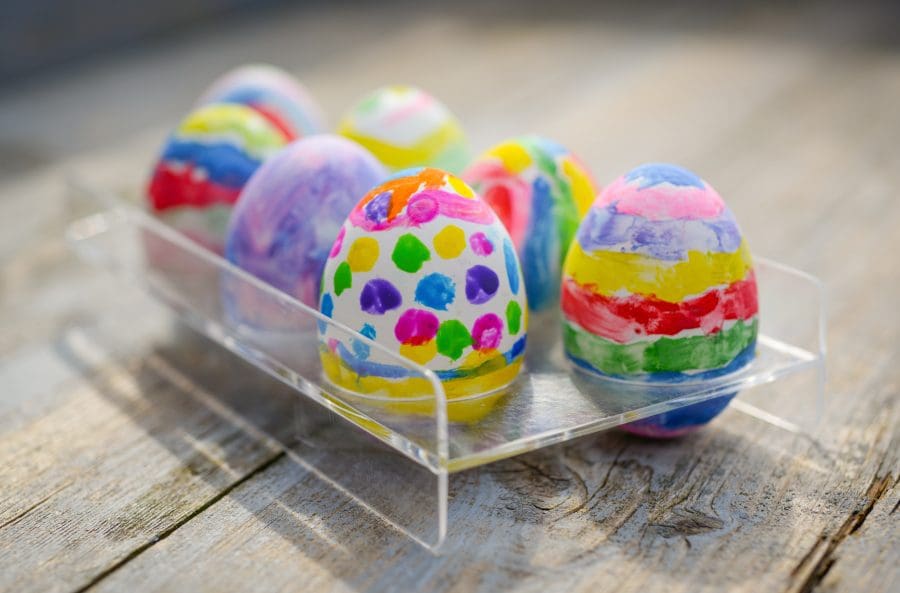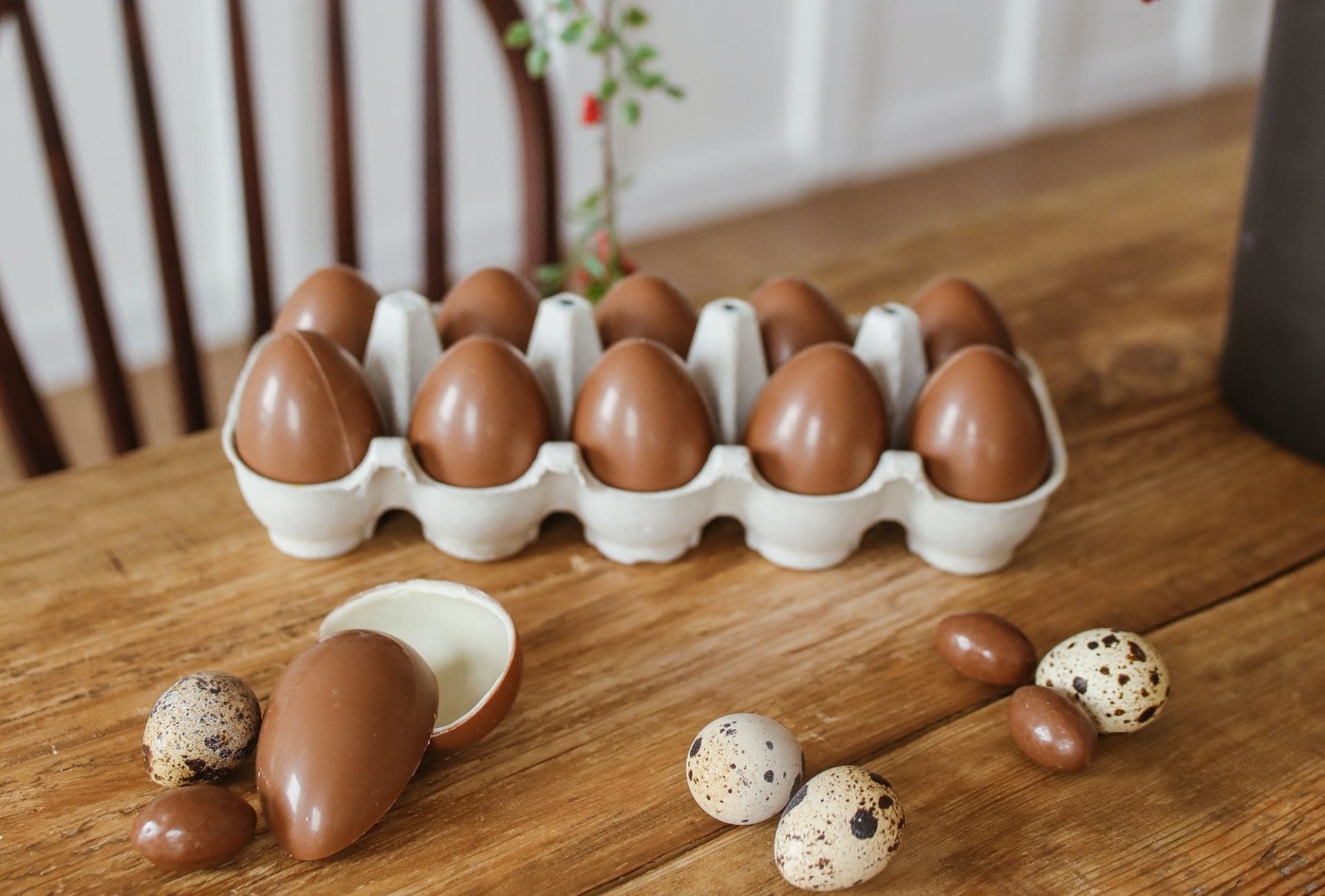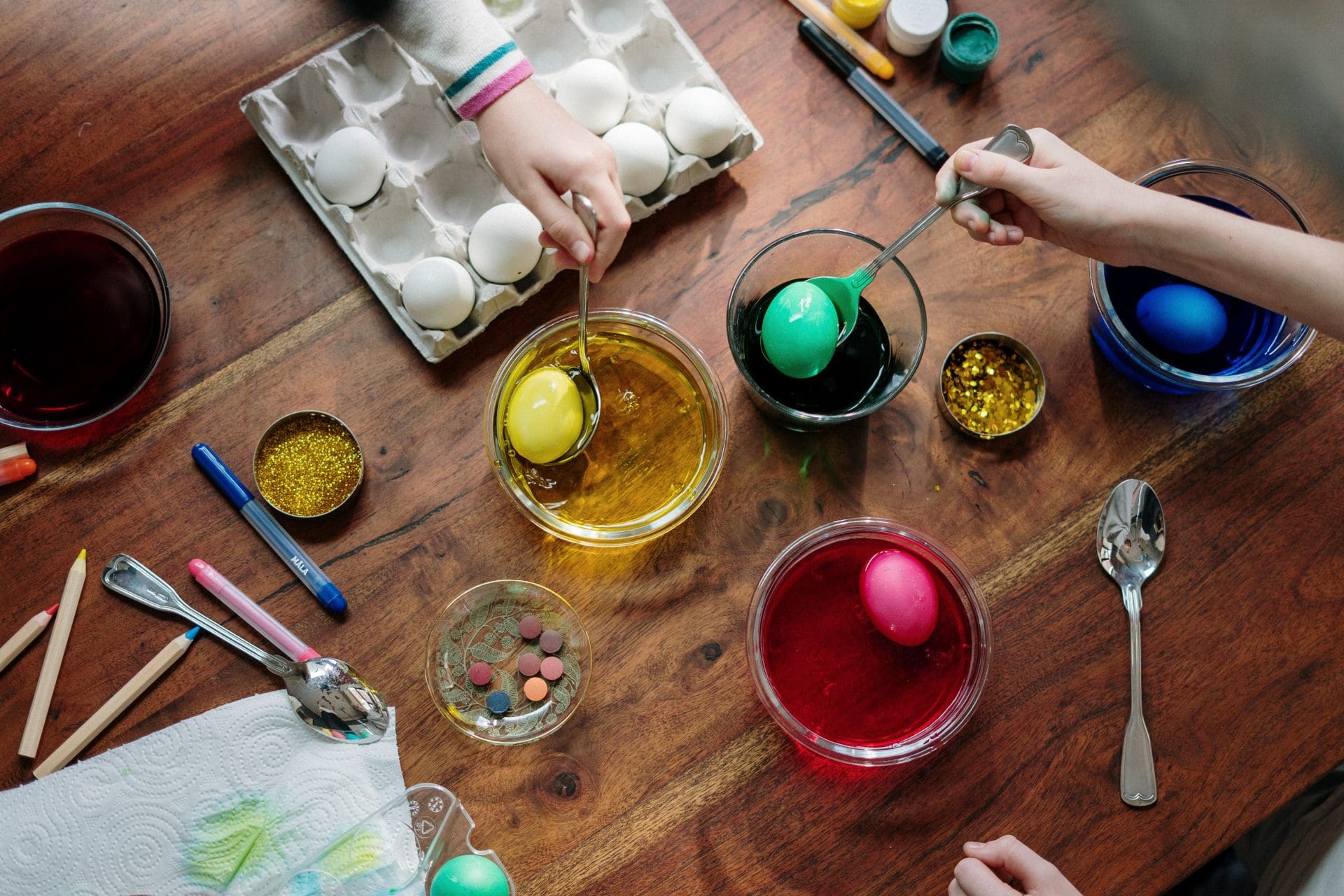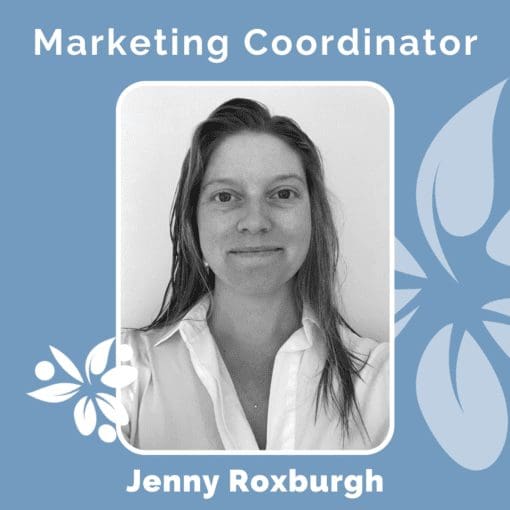
How to reduce your waste this Easter
Easter is such a lovely time of year to connect with Family and friends and enjoy those last few days before the weather inevitably sinks slowly into Winter.
However, it can also be quite a wasteful time of year. By making deliberate choices in the products that we buy and consume, we can all make small changes to reduce our impact on the environment this Easter. It doesn’t have to be complex, or time consuming – it’s all about being a little creative and using what you have.
Here are a few ways you can reduce your impact this Easter.
Easter Eggs
- Rather than buying bundles of chocolate eggs from the supermarket (that are all covered in foil), why not look at making your own this year? Simply buy a set of moulds and you’ll have Easter Eggs for years to come. It’s also a really fun activity to do with children – once the chocolate has cooled of course!
- Opt for reusable eggs, like these wooden ones and pack them with handmade chocolates.
- If you are going to buy Easter eggs, make sure to look for eggs that use fair trade certified chocolate. This means that social, economic, and environmental sustainability is considered in the farming and making of the product – “the farmers get a fair wage, community development projects are invested in, and environmental impacts are minimised through sustainable irrigation practices, crop rotation, reducing carbon emissions, improving biodiversity, prohibiting GMO crops, the safe use of legal pesticides, and proper hazardous waste disposal” says Reusable Nation.
- Choose package free Easter eggs. You can find a listing here of local bulk food stores that often sell Easter eggs that you can pop straight into your own containers.
- Choose Palm Oil free Easter eggs. Unsustainable palm oil production is a major contributor to the large-scale devastation of tropical forests and the widespread habitat loss of endangered species like Orangutang’s (of which 80% of their habitat has been destroyed in the last 20 years). Here are a few Aussie palm oil free chocolatiers:
-
Pana Chocolate Easter Eggs
-
Loving Earth Cream Eggs
-
Loving Earth Boobook Chocolate Eggs
-

Easter Baskets
- Instead of buying an Easter basket, re-use gift boxes, egg cartons, strawberry or tomato punnets to package eggs or other gifts for Family and friends.
- If you do receive eggs wrapped in foil, make sure you collect and recycle the foil. The best way to recycle Easter egg foil is to scrunch the foil up into a small fist-sized ball before placing it in the recycling bin. This makes sure the small bits of foil don’t get lost in the recycling process. If it’s got chocolate on it, rinse it off first and if it’s still too dirty then it’s better in the waste bin.
- Re-use egg foil wrappers to make decorations or to add a little bit of sparkle to an upcoming craft project.
- If you do buy Easter eggs, opt for eggs encased in cardboard and items wrapped in recyclable packaging. Skip the plastic packaging.

Easter Activities
- Get your craft on and make your own Easter decorations. There are so many great recycled craft ideas out there, here are just a few to get you started.
- Use natural food dyes such as coffee, turmeric, spirulina and purple cabbage to hand-dye hard boiled eggs.
- Make Easter crackers. You’ll need toilet rolls tubes, wrapping paper scraps, ribbon or string, coloured pens, any decorative items you can find around the house and glue. Stick paper and decorations onto the toilet roll tube; fill the tube with small edible treats like Smarties or Speckled Eggs. Experiment with whatever bits and pieces of decoration you can find to come up with unique looks.
- You can still have a zero or low waste Easter egg hunt by placing chocolate eggs in reusable wooden Easter egg shells like these or putting/wrapping them in something else reusable like an egg tray.
- Get creative with Easter themed biodegradable, natural and toxin free crayons like these ones.
- Hunt for litter instead of eggs! Start a litter pick at a local beach or park and eat chocolate afterwards as a reward.
Written By
Jenny joined the Sustainable Play Preschool team in 2021 with a Bachelor of Arts, Communications and a Bachelor of Business from Charles Sturt University.
Whilst always interested in the power of nature, it was with the birth of her own daughter that she gained a greater appreciation for just how precious (and fleeting) childhood is, and the importance of providing children with a nature centric early learning experience.


